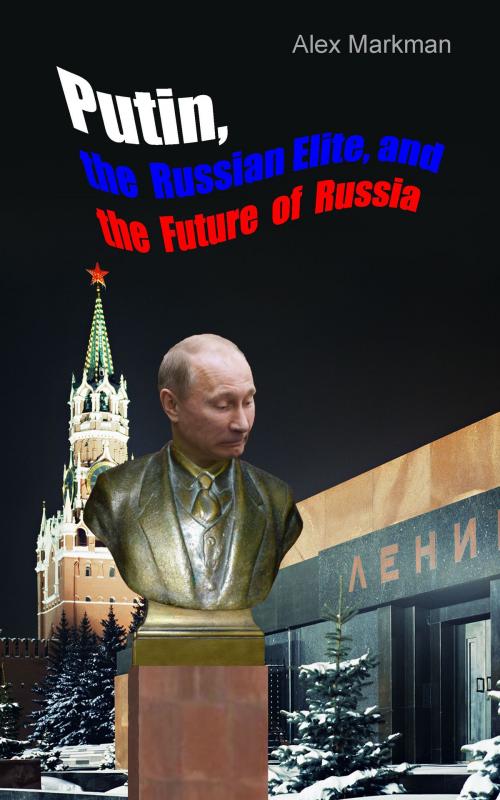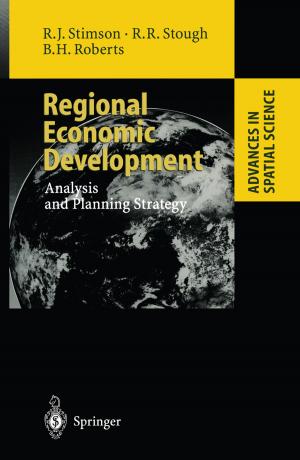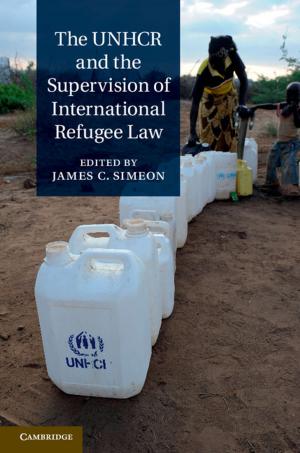Putin, the Russian Elite, and the Future of Russia
Nonfiction, History, Asian, Russia, Social & Cultural Studies, Political Science| Author: | Alex Markman | ISBN: | 9781926720364 |
| Publisher: | Asteroid Publishing | Publication: | June 4, 2014 |
| Imprint: | Smashwords Edition | Language: | English |
| Author: | Alex Markman |
| ISBN: | 9781926720364 |
| Publisher: | Asteroid Publishing |
| Publication: | June 4, 2014 |
| Imprint: | Smashwords Edition |
| Language: | English |
There is a dialectical logic to why an individual like Putin came to power in Russia. His policies in the past were controversial at best, but now, after the annexation of Crimea and turmoil in Ukraine, Russia’s future is not expected to be bright. Why do Russia’s leaders always seem embroil the country in one conflict after another?
Every nation has a character—the sum of its temperament, values, traditions, and mindset—that explains its history and its present, and helps define its future. It provides the foundations of social life, both for individuals and the whole society. In this thoughtful monograph, the author traces how this character has shaped the evolution of Russia, with a particular focus on how the ruling “elite” has led the country from one disaster to another.
The book explores a conspicuous phenomenon: Russia has always had the wrong people in power. These people, incapable of making decisions based on logic or wisdom, have invariably chosen paths that lead either to terror or to other forms of oppression. This work is an attempt to answer three questions: Why? What is wrong with the nation? And why it is always in the wrong hands?
Readers will also learn why terror in Russia was inevitable after World War I, regardless of who assumed the power, the Reds or the Whites. The author analyses the mechanics of the leadership selection process, designed to concentrate power at the top with the “elite” echelon, and its effect on the country’s governance since Lenin’s regime. This includes an objective look at why and how Putin ascended to power, and outlines some of his successes—and reasons for his inevitable failure.
Supporting his arguments with statistics, the author shows demographic trends that have resulted in the depopulation of vast Russian territories, a shrinking of labour force, and a negative effect on economy. Statistics also present a picture of the deterioration of the nation’s integrity and sense of decency, as evidenced by the number of abandoned and homeless children, high rates of alcoholism and violent crime, and many other manifestations of the nation’s trouble mental and spiritual health.
The book provides some interesting data about the Russian army, including the price of its victories in the past and a comparison of its strength with the primary military powers of the twenty-first century. The author devotes serious analysis to the Crimea and Ukrainian crises, the Russian mob mentality, and on the country’s role in global political and economic affairs.
Examining Russia through the lens of character, the nation’s psychology and mentality, the author offers insights into the economic, political, and social evolution, and provides a somber view of the country’s near and the distant futures.
There is a dialectical logic to why an individual like Putin came to power in Russia. His policies in the past were controversial at best, but now, after the annexation of Crimea and turmoil in Ukraine, Russia’s future is not expected to be bright. Why do Russia’s leaders always seem embroil the country in one conflict after another?
Every nation has a character—the sum of its temperament, values, traditions, and mindset—that explains its history and its present, and helps define its future. It provides the foundations of social life, both for individuals and the whole society. In this thoughtful monograph, the author traces how this character has shaped the evolution of Russia, with a particular focus on how the ruling “elite” has led the country from one disaster to another.
The book explores a conspicuous phenomenon: Russia has always had the wrong people in power. These people, incapable of making decisions based on logic or wisdom, have invariably chosen paths that lead either to terror or to other forms of oppression. This work is an attempt to answer three questions: Why? What is wrong with the nation? And why it is always in the wrong hands?
Readers will also learn why terror in Russia was inevitable after World War I, regardless of who assumed the power, the Reds or the Whites. The author analyses the mechanics of the leadership selection process, designed to concentrate power at the top with the “elite” echelon, and its effect on the country’s governance since Lenin’s regime. This includes an objective look at why and how Putin ascended to power, and outlines some of his successes—and reasons for his inevitable failure.
Supporting his arguments with statistics, the author shows demographic trends that have resulted in the depopulation of vast Russian territories, a shrinking of labour force, and a negative effect on economy. Statistics also present a picture of the deterioration of the nation’s integrity and sense of decency, as evidenced by the number of abandoned and homeless children, high rates of alcoholism and violent crime, and many other manifestations of the nation’s trouble mental and spiritual health.
The book provides some interesting data about the Russian army, including the price of its victories in the past and a comparison of its strength with the primary military powers of the twenty-first century. The author devotes serious analysis to the Crimea and Ukrainian crises, the Russian mob mentality, and on the country’s role in global political and economic affairs.
Examining Russia through the lens of character, the nation’s psychology and mentality, the author offers insights into the economic, political, and social evolution, and provides a somber view of the country’s near and the distant futures.















